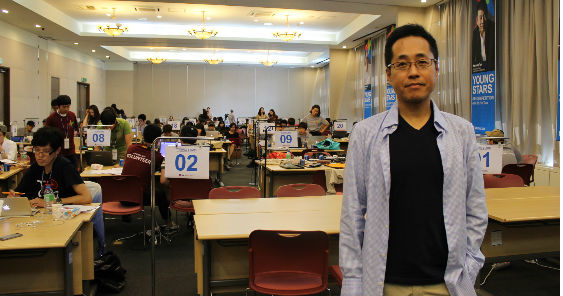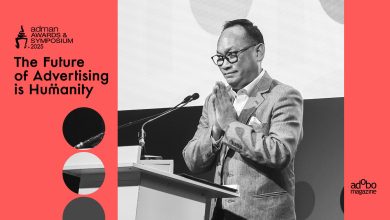BUSAN – AD STARS’ student tilt, the Young Stars Ad Competition, closed on the festival’s second day, with judging taking place on August 23.
This year, the participants were tasked to develop a campaign to promote Busan as a tourist destination and attract more foreign visitors.
Young Stars jury head Bo-Hyun Hwang, HS Ad chief creative officer, shared that he didn’t want to see professional-looking work, which is what most participants in student competitions tend to aim for.
“When I see other advertising shows, when I see young or student categories, they always try to be same as professionals,” Hwang told adobo in an interview.
“On the contrary what I want is being totally different from professionals,” Hwang said. “What I want is their limitlessness. I think meaningful failure leads to great innovation. I told them, make meaningful mistakes.
Hwang explained that the work he wants to see does not have to be as fine or as polished as a professional piece, as long as it has a different idea.
As it turns out, this is something he looks for even when hiring.
“My job is a CCO, so sometimes I se some applicant student portfolio. If I see they are as good as professionals, I do not hire them. What I want is their difference. Their different ideas,” he said.
He explained that the internet and the information era have allowed students to be on the same level as professionals, unlike years ago when it was easy to differentiate the work of a student from that of a pro.
“It is good, and bad. Good [because of the] final touch and completion. But what I hate is that the way they think is just the same as old blood. I don’t like it,” he said.
Hwang shared that at least for the creative side, he is interested in applicants with majors unrelated to the field, like architecture, Russian language, even microbiology, because they tend to see things differently even when they make a lot of mistakes.
He explained that advertising students should not fall into the trap of thinking too logically.
“Very logical thinking leads us to the success of yesterday. Everybody can do that. But asking why or why not can lead us in totally different ways,” he said. “Of course, 99 percent of asking leads us to failure, but only one percent, that can change the whole world.”








